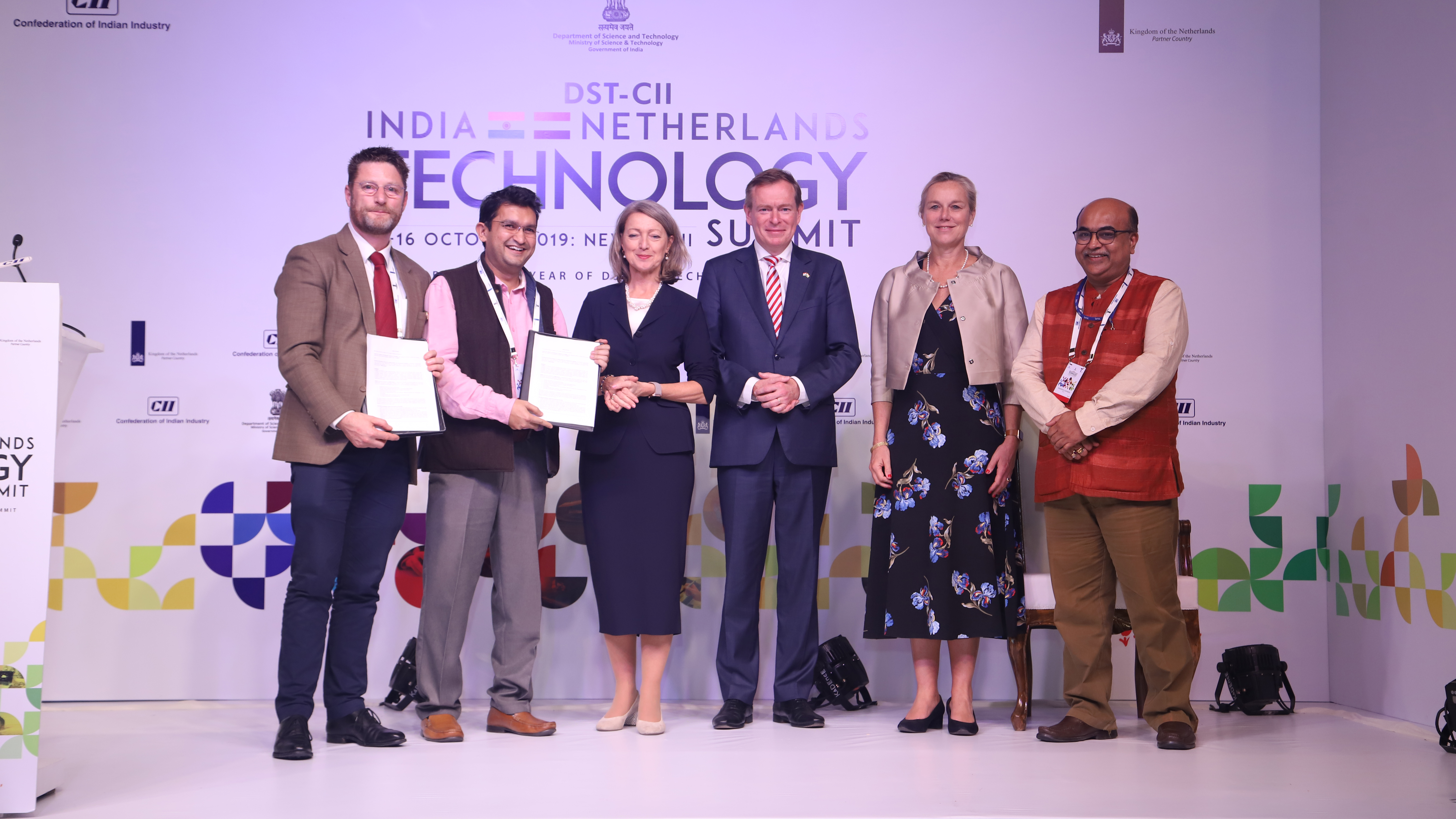
19 Nov Combining expertise to address AMR
Complex issues often require creative solutions and antimicrobial resistance is no exception.
Antimicrobial resistance (AMR) is the ability of a microorganism, such as bacteria or viruses, to stop an antimicrobial (antibiotics, antivirals and anti-malarials) from killing it. It impacts all areas of health care in every corner of the world.
Resistance to antibiotics, for example, means that major surgery procedures and cancer chemotherapy treatment could be compromised. The World Health Organization stated AMR requires action across all government sectors and society and it is estimated that by 2050, AMR will be responsible for 10 million deaths worldwide. Given its current and expected impact, AMR is one of AIGHD’s key research priorities.
The complexity of AMR requires a multi-sectoral approach, which is exactly why AIGHD researchers are undertaking activities that include multiple disciplines and domains. The team is involved in research and advocacy activities that address AMR from the point of microscale bacterial evolution right up to the highest levels of policy on the global stage. The recently launched public-private partnership AMR-Global connects academia, public organizations, and companies within and outside the Netherlands to find innovative ways to combat AMR around the world.
AIGHD’s Prof. Constance Schultsz and Madam Therapeutics CEO Remko van Leeuwen are amongst the founding members of the network, which recently signed a Letter of Intent with C-Camp in India to leverage collective expertise to impact AMR globally.
“The Netherlands is one of the global frontrunners in the fight against AMR, as evidenced by the low prevalence of resistant infections in the country but that doesn’t mean it isn’t a major problem,” said Prof. Constance Schultsz. “Our work at AIGHD ranges from research to implementation and brings together partners from across the whole spectrum of stakeholders in AMR – surveillance and public health, diagnostics, pharma, research institutes – to address this major threat.”
AIGHD has a long and successful history in the field: we’ve:
- contributed to the first AMR framework at the African Center for Disease Control;
- undertaken research that seeks to better understand how resistant bacteria transfer between humans and animals through the OneHealth-focused JPIAMR HECTOR project; and
- developed approaches for affordable and feasible surveillance of AMR to ensure patients receive the most appropriate treatment.
We’re also currently working with partners to develop a sustainable network that facilitates an active role for the social sciences in preventing and responding to infectious disease outbreaks and AMR through the interdisciplinary SoNAR-Global project.
During the next years, our researchers will use data science and machine learning techniques to better estimate the status of antimicrobial resistance in low- and middle-income countries, where diagnostic capacity for AMR surveillance is yet largely lacking. These projects will help countries and the international community to prioritise their surveillance investments and efforts in an informed way.
“Antimicrobial resistance results from many processes on a wide range of scales, and is linked to a wide range of disciplines. From bacterial infections within patients to national healthcare systems, from antibiotic prescribing practices and attitudes to the international political agenda,” said postdoctoral researcher Rik Oldenkamp.
“At AIGHD we bring together expertise from all relevant disciplines, the medical, veterinary, environmental, social, and economical sciences. This is essential in tackling the problem of global AMR.”
World Antibiotic Awareness Week
World Antibiotic Awareness Week takes place this week and encourages best practices of antibiotic use and prescription to limit further development of resistance around the world. Along with a number of international organizations, including the World Health Organization, AIGHD is raising awareness of antibiotic resistance. AIGHD’s team is involved in many research projects in this field to better understand and address this emerging global threat.
Learn more about our AMR projects.
[Photo caption: Members of C-CAMP and AIGHD, including Remko van Leeuwen (far left) at the recent Letter of Intent signing in India.]
